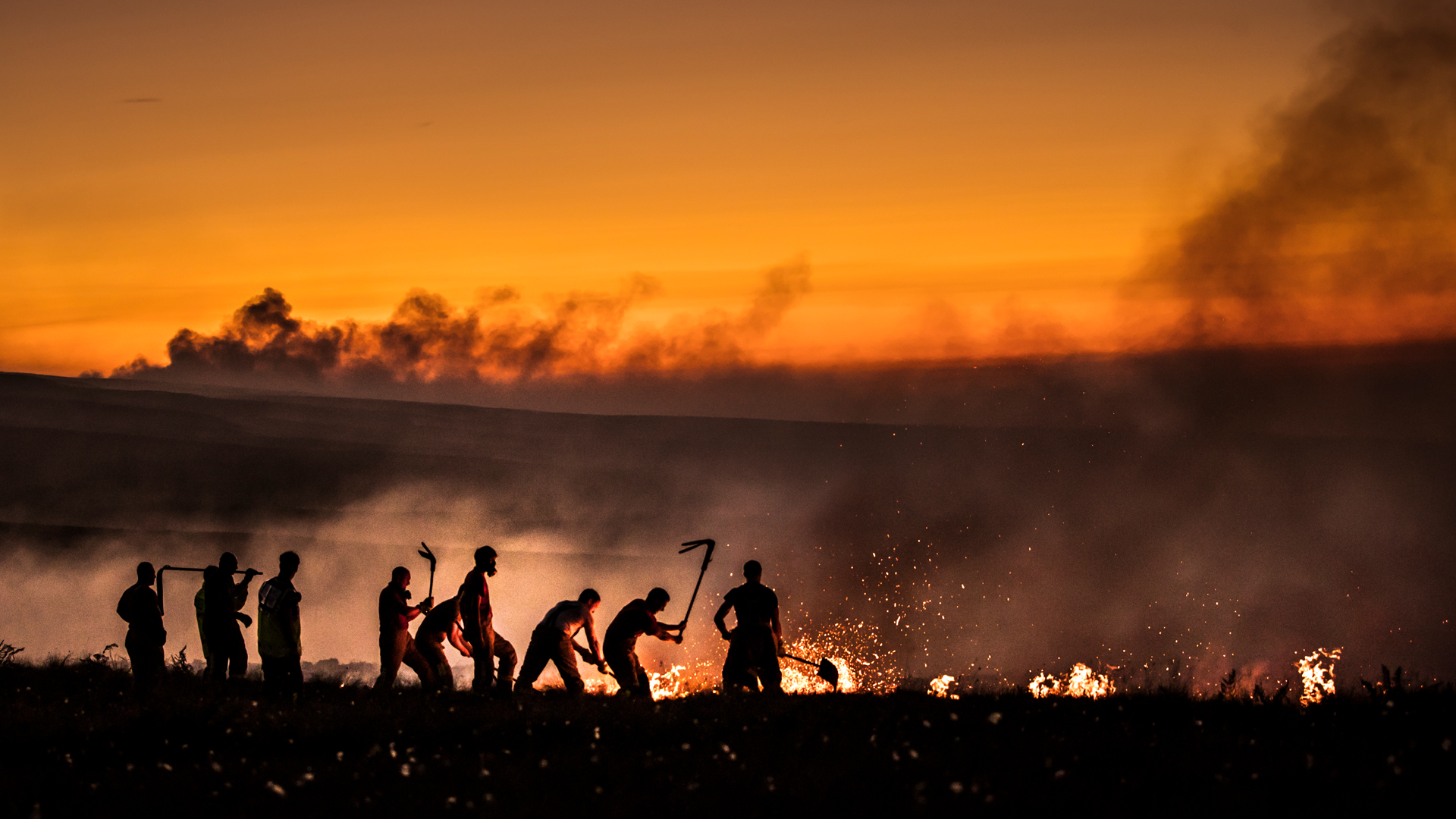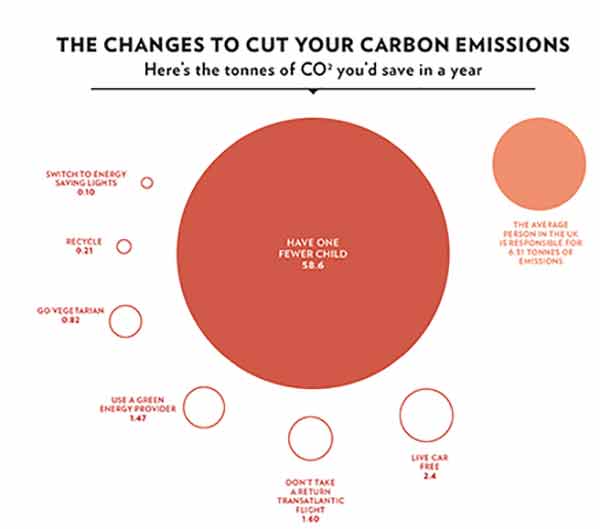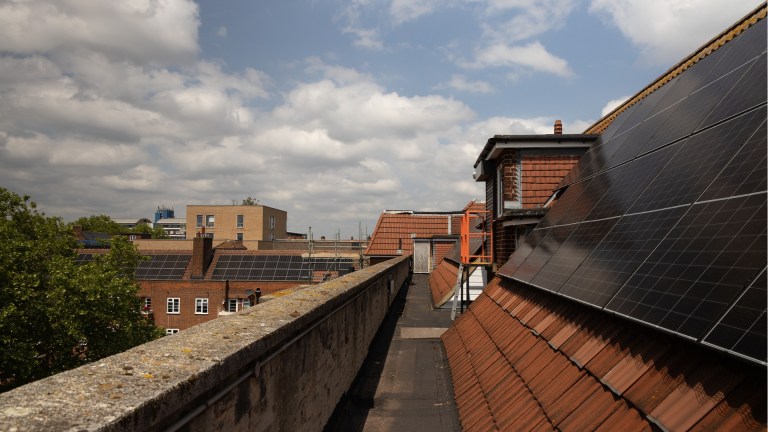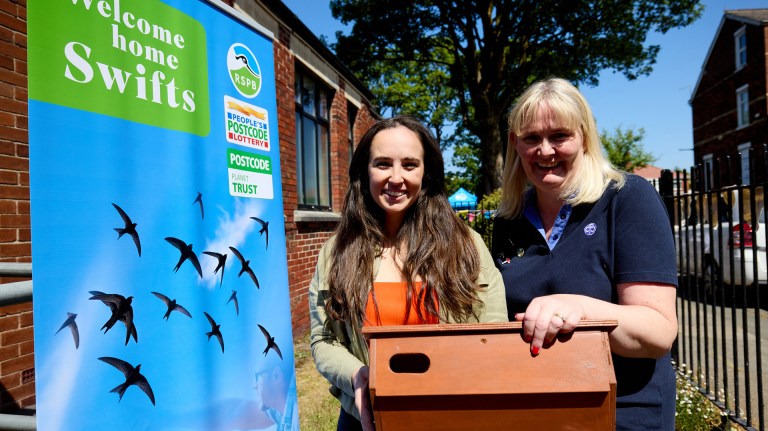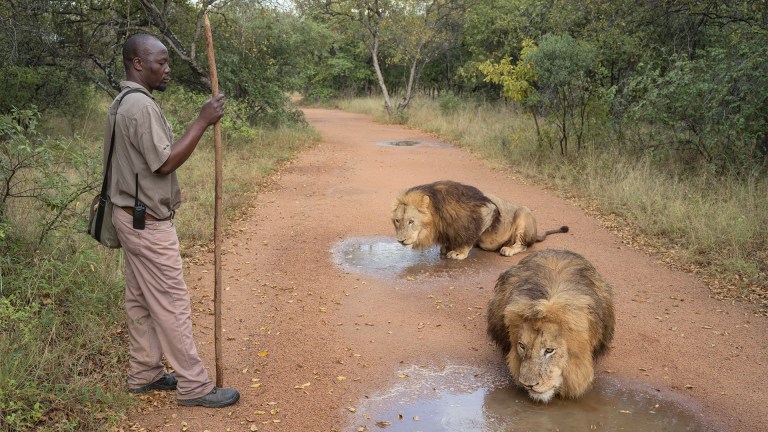The heatwave has been good for sun-cream sales and kids enjoying school holidays, but it has parched the landscape and increased the numbers of wildfires scorching the UK and across the globe. Are these extreme weather events set to become to the norm? Dr Matt Winning says they are, and he has some advice for those who want to save the planet for future generations: “The best thing you can do for your child is to not have a child.”
Which is an answer that presents its own challenges for longevity.
Winning is an environmental scientist at UCL who provides “economic analysis and macroeconomic modelling on climate policy”. He is also a stand-up comedian.“The biggest things you can do to cut your carbon footprint are also the most difficult ones to do,” he explains. “A lot of environmental charities shy away from talking about them because they’re worried about putting people off. Which is why I’m doing it with comedy.”
Through day-to-day activity – getting around, eating, using up electricity etc – the average person in the UK is responsible for emitting 6.31 tonnes of CO2 each year. Together with other gasses that contribute to climate change, this rises to almost eight tonnes of emissions. International targets aim to reduce this to two tonnes per person by 2050.
Recycling is great (and means less sea life choking on plastic) but it only saves 200kg of emissions a year. Switching to energy-saving lightbulbs saves 100kg. Every little helps, but it doesn’t add up to much. So Winning has compiled a list of five changes that would make the biggest impact.
1) “If you stop eating meat, you would reduce your emissions by about 0.8 tonnes, or 10 per cent,” Winning explains.
